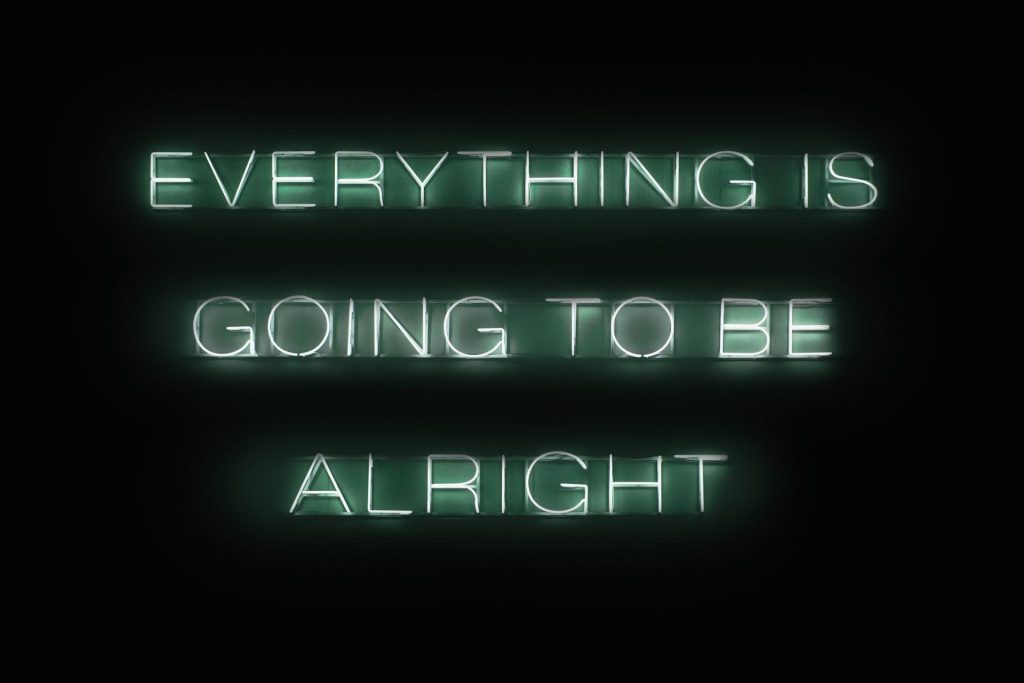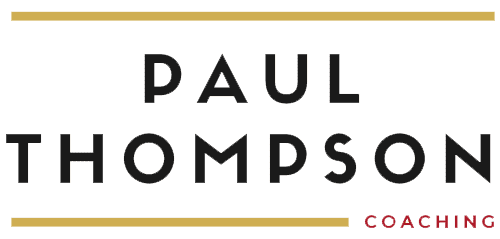
“We must be willing to get rid of the life we’ve planned so as to have the life that is waiting for us. The old skin has to be shed before the new one can come.”
Joseph Campbell
If a book has a profound impact on you it can shake your soul and transform your take on life. Without a doubt I believe a book can change your life.
I recently read The Power of Myth again – a great book by Joseph Campbell – that helped me get my emotions and life back on track, once upon a time.
Back in my mid-twenties I went through a phase of feeling really lost. I didn’t feel ok with myself or confident. I don’t know exactly what triggered those emotions and my sense of feeling like I was all over the place, but I knew I wasn’t being true to me. I wanted to stop pretending to be someone else. I was desperate to start being myself – whatever that was going to end up being.
One afternoon, I was having coffee with my good friend, Sani, and he lent me a battered copy of The Power of Myth, complete with all his handwritten scribbles, exclamation marks and underlined words. I had never heard of the book. However, I figured there was nothing to lose by giving it a try. I started reading it a few days later and it shook me into deep thought and reflection. It moved me then, and fast forward twenty years later, it still moves me.
The entire book is compelling but the chapter that especially stands out for me is called ‘The Hero’s Adventure’. The ‘hero’ refers to you, I, and every person. The ‘adventure’ the hero goes on is the adventure of their own life. It’s the story of you. The journey that you take in your own life and how you overcome difficulty, exploit your potential and impact the lives of others.
The hero’s adventure helps them discover who they really are and who they could be. However, it’s not because they kill the monster, save the planet or win the love of the prince or princess. They discover who they are since they are forced to dig deep down inside and bring to light the qualities of their character. When those qualities are revealed and then applied in life, the hero begins to discover who they are.
As Campbell made the point,
“We’re so engaged in doing things to achieve purposes of outer value that we forget the inner value, the rapture that is associated with being alive, is what it is all about.”

15 qualities of the hero that will help you reflect
I took away lots of insights from this chapter when I read it the first time and tried to apply these. Maybe these might help you by sparking some ideas about how to find more meaning in your life or what to focus on to change life for the better.
- Keep an inner focus: the hero tries not to fall off the path of discovering a purpose or who they are, or to be distracted too much if this will delay them from living with meaning.
- Humility: the hero might think their path, circumstances and life are unique compared to everyone else. That they are special or deserve to be recognised as special. However, they realise this kind of thinking will only lead to an inflated sense of self and this is a fantasy.
- Acceptance: the hero applies perspective to trials, pain and difficulties. They see these as chances for realism, focus and growth, not situations to keep stay mentally or emotionally imprisoned. Even if the hero complains and moans occasionally, they know life hasn’t got a vendetta against them. They think about what they can do to improve things.
- Logic: the hero has a realistic sense of their limitations and strengths. They don’t suppose these will always be the same, because they know things can change. They don’t just give up without a fight or effort. They know skills and habits can be learnt to improve weaknesses and they appreciate and celebrate what they are good at. There isn’t room for false modesty.
- Awareness: the hero knows the danger of being too self-absorbed. They may be determined to win and be successful at achieving their goals. However, self-absorption is only to achieve their purpose and not to take to forget the people in their life or the community that also supports them. Otherwise, the hero’s work and ideals can easily turn into something that devours them and alienates others.
- Courage: the hero has to take risks even if are afraid. They know that fear, if allowed to take over, gets in the way of new experiences. They try not to assume the consequences of a situation or event will be worse than the probable reality.
- Self-discipline: the hero is careful in what they choose and use to give them energy and stimulation. This includes what affects their thoughts, their words and their actions. They know too much imbalance could derail the success of their life journey and lead them to wasting time – which is very precious.
- Patience: the hero knows when to say no to others and to themself and wait for the right kind of opportunity (not the perfect opportunity). When it comes, patience is replaced by action.
- Compassion: the hero knows how crucial it is to have self- compassion when they’ve done something that threatens the success of their journey or if they´ve harmed others. They know it is essential to come back to the present moment instead of living in the past with regrets. They focus on taking the right action, making amends and reconciliation. There is no time to waste energy on grudges or regrets.
- Flow: the hero realises that life turns in cycles and seasons (success and loss, great times and bad times, happiness and sorrow). They concentrate their personal will and power to go with these flows.
- Responsibility and determination: the hero never blames someone or something else for their circumstances if in their heart they cannot truly say they’ve tried their best in whatever situation they face.
- Honesty: the hero must be prepared to ‘go against the crowd’ but not to be a rebel for the sake of it. The hero confronts any conflict in their heart by ultimately being honest (not rude) with themself and others. They know the greater prize is to follow one’s heart if this will lead to growth, renewal and happiness.
- Love: the hero is conscious about the impact their thoughts, words and actions have on the people around them.
- Respect: the hero respects equally the ‘masculine’ and ‘feminine’ understanding both are crucial for wholeness and success. They respect that we all have our own unique blend and mix of the masculine and feminine inside us. By being who they are the hero helps other people to feel comfortable with who they are.
- Service: the hero realises using their life and energy to be of service in small and big ways is how they can contribute. In the words of Campbell, “the influence of a vital person vitalises.”

I think some of questions that The Power of Myth encourages readers to think about are very practical questions in an age of hyper-living.
How do I overcome difficulty?
What might be the best way to get my life back on track?
How can I contribute to the life of the world, friends, family and ‘neighbours?’
How can I find out who I am?
What can I learn from others who have taken their own path in the world to help me on my journey?
To make my biggest dreams real, what must I commit myself to?
How can I best live in a way that honours my values and what I believe in?
What is the best way to direct my passion into something that is productive?
How do I deal with reality and the randomness of life – especially when at times things might seem cruel, underserved and unfair?
How do I manifest and honour the creative in me?
Campbell basically argues that myths, when understood and interpreted properly, provide a valuable source of instruction in heroism. By this, he doesn’t mean celebrity. He means the kind of heroism that can be applied to daily life, as part of the bigger and personal journey of striving to make the best of your one and only life.
So, some of the heroic acts that heroes in many myths and stories carry out represent qualities that everyone can apply internally. Campbell argues that the better emphasis is to try and embody these qualities and extract their value so we can apply these in our daily lives.
In essence, how can we heroes to ourselves in whatever stage of our own personal journey we are on, whatever ‘dragons’ we are facing? In learning how to be a hero to yourself, you are more likely to forge the direction and shape of your own life in a way that works for you.
I’d thoroughly recommended checking out Campbell’s chapter, if not the whole book, or catching some of his interviews on YouTube.
The transcript to an interview Campbell did is here or watch this really cool short animation that explains the book in a nutshell. Also, you can listen to this audio on The Tim Ferris Show.
What to do next
If you’d like to make a change in your own life and start going after the kind of life you really want, get in touch for a complimentary conversation.
As a coach, I’ll work with you to help you be more productive and make the best use of the time you have.
Still not sure. Take a few seconds to read what some clients have also said about me here.
Check out some other articles I’ve written that might help and don´t forget to subscribe to get new content and my newsletter with insights and tips direct to your inbox!
- Give yourself permission to live the life you want
- 3 Tips on HOW TO BE HAPPIER
- 4 Tips On Job Hunting And Handling Uncertainty
- Why Having A Life Purpose Helps You To Be Happier
